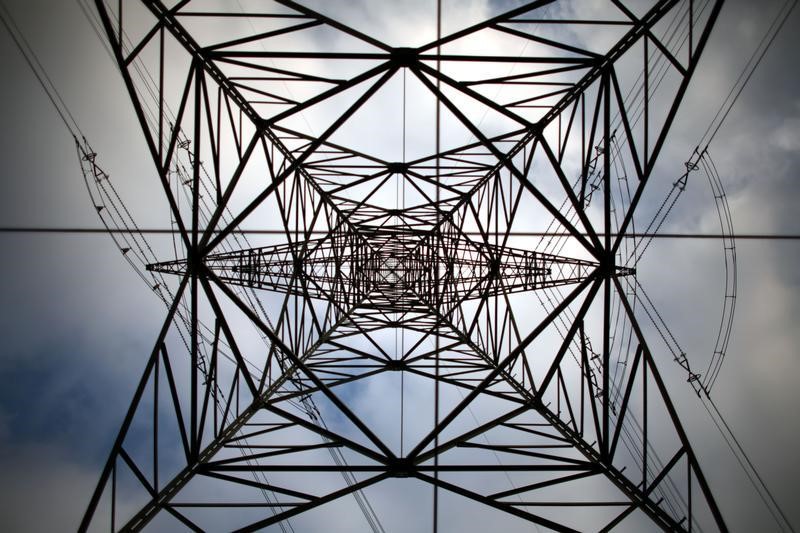(Repeats to widen distribution, no change to text)
By Sonali Paul
MELBOURNE, Aug 9 (Reuters) - Australia's states are set to vote on Friday on a policy to end more than a decade of climate and energy wars and spur investment in new power supply, but the plan may be killed by states that want tougher emissions targets.
Prime Minister Malcolm Turnbull is pushing the National Energy Guarantee (NEG) in a desperate bid to bring down electricity prices, which have more than doubled over the past decade, and ensure the lights stay on following a string of blackouts in 2016 and 2017.
"The National Energy Guarantee is a historic reform. It should be supported in the national interest. It will deliver lower prices, cleaner energy and a much more reliable energy system," Energy Minister Josh Frydenberg said.
Under the NEG, power retailers, led by Origin Energy ORG.AX , AGL Energy AGL.AX and Energy Australia 0002.HK , would be required to meet reliability and emissions targets.
The aim is to ensure there is enough "dispatchable" energy, power that can back up intermittent wind and solar power, and cut carbon emissions from the sector by 26 percent from 2005 levels, in line with Australia's Paris Climate Accord target.
Modelling showed the National Energy Guarantee would bring down wholesale power prices by more than 20 percent from where they would be without the policy.
The framework has won broad support from power producers clamouring for clarity on carbon policy to support new power plant investments, as well as from businesses, farmers and consumer groups battling high and volatile electricity prices.
"It's not perfect. But what it does do is present Australia and investors with certainty...I sincerely hope that reason prevails on Friday and we get an agreement on the NEG," Nigel Garrard, managing director of packaging manufacturer Orora Ltd ORA.AX , told reporters on Thursday.
The framework was designed by independent experts on the Energy Security Board to be technology-neutral and not involve setting any price on carbon emissions, in order to secure support from the Coalition government's right wing.
Negotiated over nearly a year, the plan needs unanimous assent from all six states to go ahead.
But the state of Victoria, where the Labor government faces an election in November and stands to lose seats to the Greens, has thrown up last-minute hurdles which will be tough for the governing coalition to overcome.
Victoria wants emissions reduction targets that can only be strengthened over time, with targets to be reviewed every three years and future targets to be set by regulation rather than legislation.
Pro-coal former Prime Minister Tony Abbott and rural-party Nationals members in Turnbull's coalition do not want to give any future Labor government the power to easily raise emissions reduction targets and make coal-fired electricity less competitive.
"We can still get this right -- but only if Malcolm Turnbull stares down the climate-crazies in his party," Victoria's energy minister Lily D'Ambrosio said on Wednesday.
